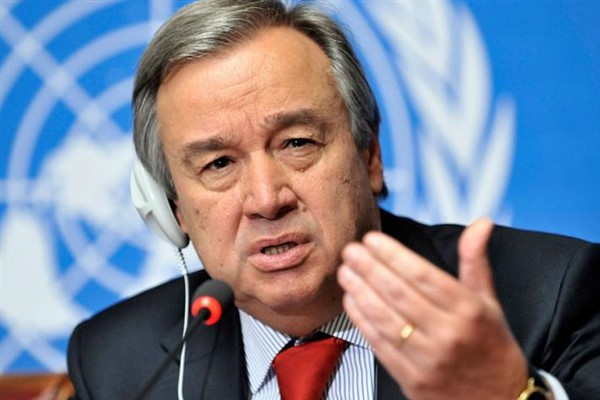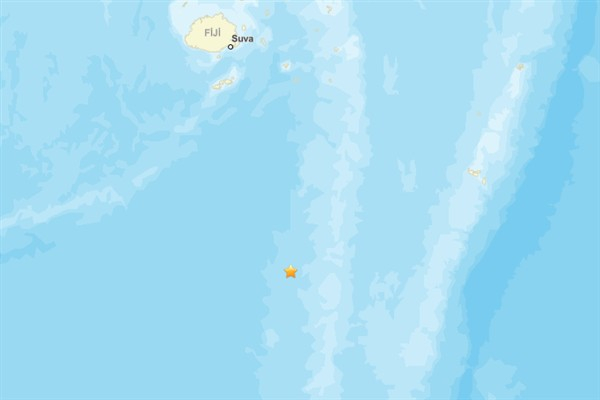According to the decree published in the Official Gazette, depositors are allowed to renew their FX-protected lira accounts at the end of maturity. Banks are allowed to apply fees to foreign currency-protected deposits within the framework determined by the Central Bank. For other application principle changes in the Official Gazette;
· As of December 21, 2021, the time limit for foreign currency-protected TRY deposits in banks where foreign currency and gold are included in the system has been removed for domestic individuals. For domestic legal entities, as of December 31, 2021, dollar, euro and sterling FXs and gold accounts in banks can be converted into TRY.
· The scope of the YUVAM account of the Central Bank of the Republic of Turkey was expanded. Accounts that previously covered only citizens living abroad will now be able to benefit from those residing abroad as well.
The rise in foreign exchange increases the financial burden on FX-linked deposit. We calculate a difference of 16.5 billion TRY in the Treasury product, which has a 55% share in the existing 560 billion TRY FX-linked savings. Changes since 20 December are due to the needs and demands for FX-linked deposit to gain new knowledge. However, in an environment where the economy is going through very difficult conditions and there are many internal and external risks, the use of FX-linked deposit as a monetary policy substitute may have very important reservations in terms of sustainability. At this point, while inflation and current problems can be dealt with at very little cost with a predictable monetary policy, a method such as FX-linked deposit indicates a very serious public finance risk in terms of the reverse currency risk it contains and can be very costly.
Geopolitical risks in the forward expectations of exchange rate movements, rate hikes in line with the statements of major central banks, and upside risks have accumulated in the axis of the movement in bond yields. It is important that Powell left the door open to interest rate hikes by 50 basis points with his statements yesterday, and an aggressive tightening plane also appeals to the logic of the market, as it will increase inflation pressure through commodity price movements in line with the Russian-Ukrainian developments in the coming period. In addition, there are phenomena such as 100% exchange rate increase and 54% inflation, which we created with our own hands, with policies implemented other than the economically accepted principles underlying the movements before 20 December. While the low deposit rates increase the demand for foreign currency, the risk that the economy will be tied to FX-linked deposit may bring the cost risk of FX-linked deposit to inextricable levels for the public if the foreign exchange side of the flight intensifies.
As the first round of FX-linked deposit maturities is about to take place, the situation regarding demand continuity will be important. As new regulations come, there is a certain amount of entries, the majority of these entries were mostly on the legal side. New entries to accounts, on the other hand, have been slowing down for a while. Private sector foreign currency indebtedness is high; Intense import dependency on agriculture, food and industry also causes foreign exchange need and net foreign exchange outflows. Inflation expectations, on the other hand, are deteriorating gradually. Exchange rate movements could have been kept under control by increasing interest rates within the framework of a predictable policy and by creating an environment of confidence, but we believe that controlling a financial product with a guaranteed return by the public in this way is not a sustainable basis and will not replace monetary policy measures.
Kaynak Tera Yatırım
Hibya Haber Ajansı






